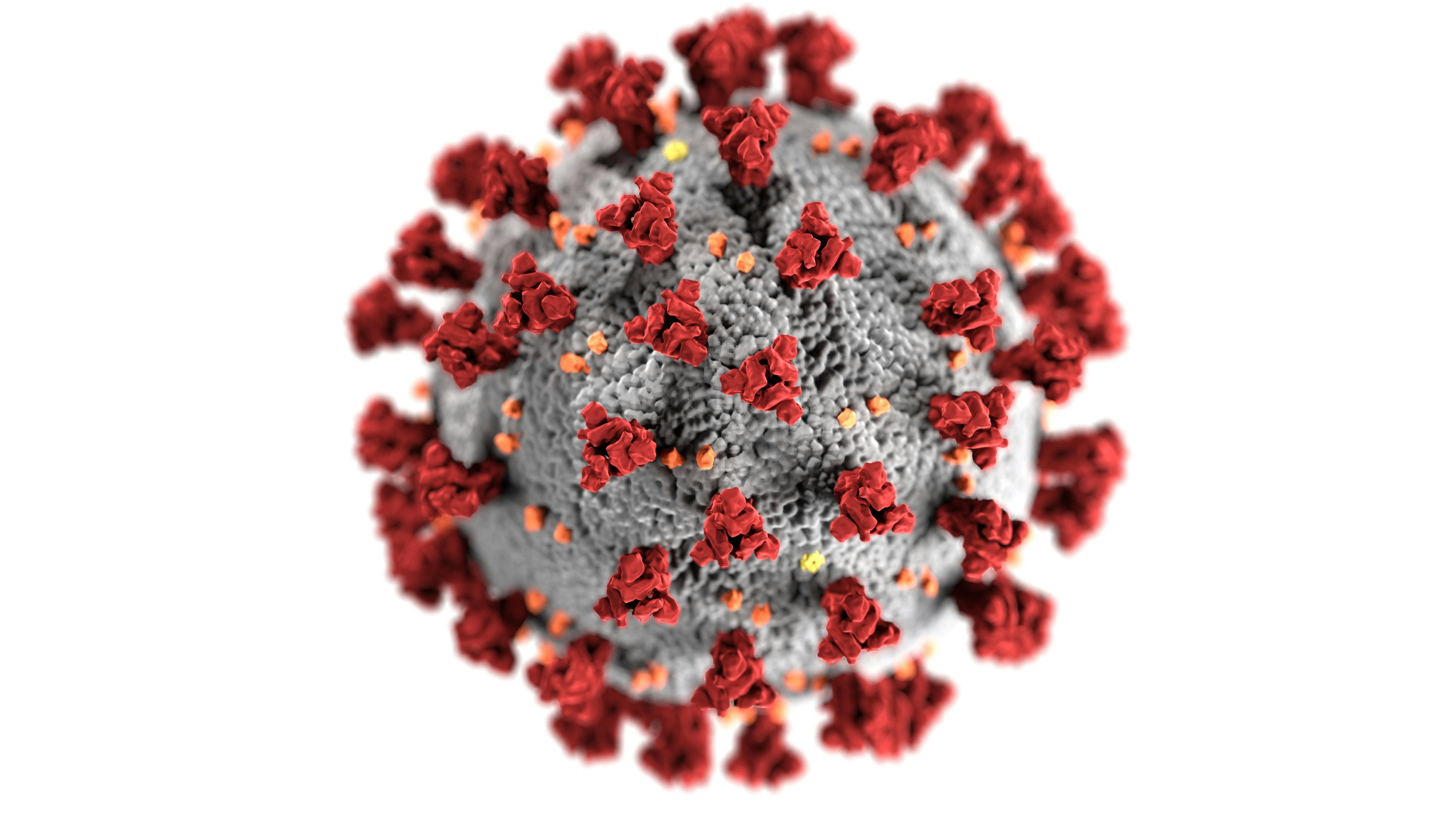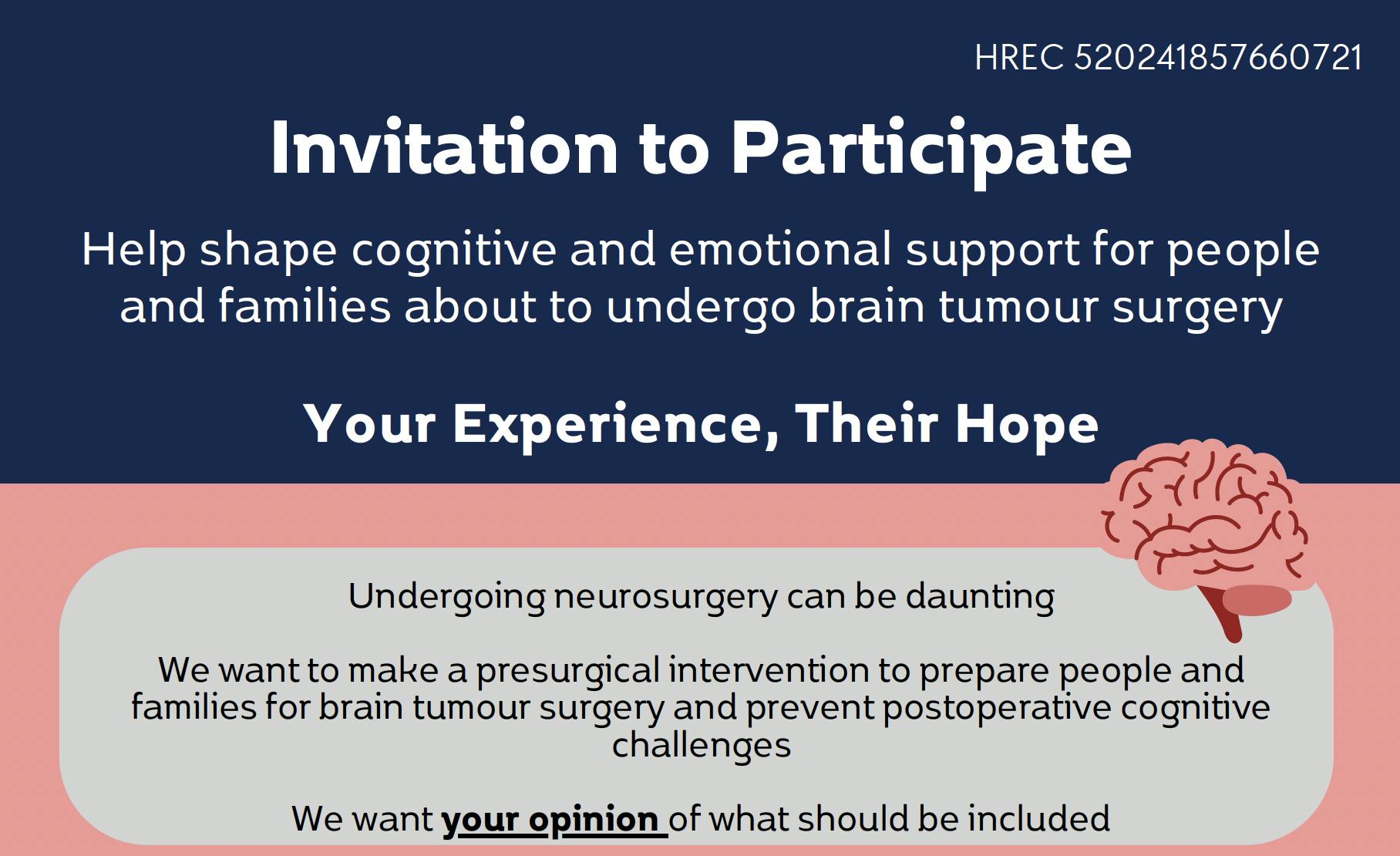
A message from Associate Professor Helen Wheeler, Medical Oncologist, The Brain Cancer Group Director.
Whilst the Covid 19 pandemic has affected every aspect of life in Australia, we have been fortunate that the early introduction of social isolation has meant we have not seen hospitals overwhelmed with acutely unwell Covid patients. It has given us time to implement plans to remodel our hospitals, increase bed capacity and training in ICU, and introduce strict infection control measures.
We can only hope as lockdown restrictions ease and life returns to “business as usual”, we can keep any outbreaks to a minimum. We still need time to develop treatments and vaccines and thus hopefully avoid the dreadful scenes we have witnessed in the US, Europe and other countries. We are still acutely aware however, that this incredibly contagious virus can spread at a rate we have not witnessed in our lifetime, and how devastating it can be when introduced into vulnerable communities. The fact that it can be carried by some that are completely asymptomatic and have had no known contact with existing Covid patients, means carriers can remain undetected and continue to unknowingly spread the virus in our community.
The UGLY
We all have vivid memories of empty supermarket shelves, queues forming at entrances, and fights breaking out in aisles and at checkouts. This also occurred in pharmacies, as people stockpiled medications leaving those that needed these essential lifesaving medicines unable to access them. We also saw some examples of personal protective equipment (PPE) disappearing from hospital ward stock, and arguments arising when rules were introduced to restrict PPE use to vulnerable frontline workers. Numerous unproven “remedies” have appeared on the internet, and as community anxiety rose, some followed these unsubstantiated suggestions that even resulted in fatalities. One dreadful example was a couple who drank fish tank chlorine tables in the belief they were taking chloroquine. The depleted PPE supply chain has led to examples of substantial price gouging and limited availability of this essential equipment to our frontline workers.
The BAD
Cancer patients are especially vulnerable to severe complications should they develop Covid 19. Strict screening procedures have been introduced to try and prevent anyone with Covid-like symptoms from entering cancer clinics. Some face-to-face doctor visits have also been replaced by tele-health. Unfortunately, some patients fail to reveal symptoms when asked, in fear that it may delay therapy. Luckily, rapid testing means that patients can be cleared of Covid within 24 hours, and treatment can then continue. By not being forthright about symptoms, some patients are not only putting their own lives at risk, but also are risking the health of staff, and other vulnerable patients.
Staff members that have had contact with anyone affected by Covid are tested and then sent intoto home isolation for 2 weeks. This has caused up to 100 health care workers to be sent home from one cancer unit and resulted in some radiotherapy centres to having to limit treatments to the most urgent cases.
Clinical trials have been restricted, continuing only to those already on treatment, and limiting any new recruitment or the introduction of new trials. As we become more confident the virus has been contained in our communities, trials units will gradually ease restrictions.
Some treatment protocols have been modified to try and limit toxicity without compromising outcome. This has not always been possible. The European Association of Neuro-Oncology (EANO) released guidelines for managing those with primary brain tumours. Travel and conferences have been cancelled, and more online video lectures developed. Whilst this allows ongoing education, how we replace those pearls of knowledge gained over morning tea chats and the friendships and support we gain interacting face to face with world experts cannot be measured. We suspect conferences as we knew them may be a thing of the past, and we will need to develop new strategies to communicate with our colleages and disseminate new information.
Cancer screening programs such as Breast Screen have been closed. Those asymptomatic patients returning a positive faecal occult blood test and therefore requiring endoscopy/colonoscopy have been put on hold, with some units hopefully opening this week. We fear patients may be avoiding GP or ED visits because of the fear of coming in to contact with Covid. Only time will tell if these delays result in an overwhelming demand for surgery and cancer services once the restrictions are lifted, or whether patients may present with more advanced disease resulting in poorer outcomes.
The introduction of tele-health has been a great bonus to some patients, but had a negative impact on others, especially the elderly, non-English speaking, and those without internet access. It has been challenging for the medicos as well. Many of us were not familiar with tele-health technology. Some patients feel more anxious and insecure missing their face-to-face visits; some doctors feel they may miss non-verbal cues, or that patients may hold back symptoms fearing that it might require a face-to-face appointment, or extra tests. Most in the cancer field find it extremely difficult and incredibly stressful to deliver “bad news” over the telephone or internet. We are trying to identify how we can improve tele-health and develop better systems for the future.
Some treatments such as bone marrow transplants have had to be delayed, but urgent cancer surgery has gone ahead. We expect we may have a lot of “catching up” once Covid becomes more contained.
Benchtop research has been limited by the need for social isolation and lack of some essential supplies. Many have used this time to review and consolidate their work and create plans for the future. A big fear is that cancer research funding will be diverted to other projects, and that an economic downturn may severely limit research funding.
Overall, most cancer services have been maintained throughout this current crisis, but we have had to develop back-up plans should the situation change.
The GOOD
Whilst we all mourn the loss of those struck down by this pandemic and hope that we may have seen the peak, we must try and capitalise on some of the positives that have come about in health care. Unprecedented international scientific collaboration has resulted in a Covid-19 test becoming available in a matter of weeks. The sharing of information and treatment, the rapid establishment of clinical trials and patient recruitment, and the dissemination of results internationally has happened on a scale not seen in medicine before. We should be incredibly proud of how much Australian Scientists have contributed to this international effort.
The government’s reaction to this pandemic and provision of essential research funding is paramount to the progress our scientists have made.
Everyone has been amazed at just what can be achieved when communities and governments focus on a task and remove red tape. This has allowed those in state and local governments, and those on the front-line to make and implement policies and procedures focussed on a common cause but adapted to community needs. These procedures have been extremely effective in containing this pandemic in Australia and allowed us to prepare for any future “Covid uprising”, should it occur.
Having seen what can be achieved by such collaboration, we can only hope this flows forward into the battle against cancer. Scientists are focused on developing vaccines and unravelling more of the mysteries of how our immune systems work. Drug developers are busy screening old medicines and developing new targeted antivirals, many of which may have a role in cancer therapy.
One can only imagine if after the Covid-19 pandemic has been conquered, if all the scientists and medicos turned their attention to conquering Brain Cancer. Moving forward with the knowledge gained from this pandemic (both scientific and the advantage of collaboration) has given us hope that Brain and other cancers may become a thing of the past in the not-too-distant future.
Unfortunately, however, we have a very long road ahead in achieving these goals.
We thank you for your support.

